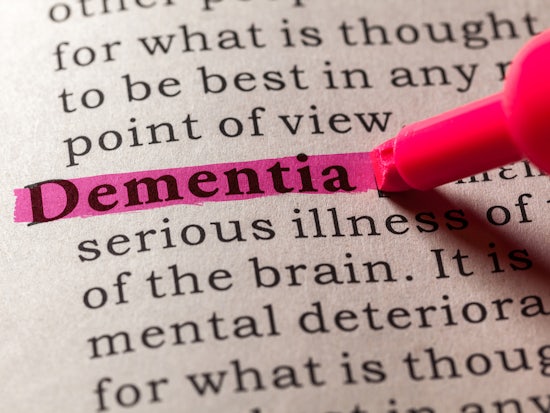New voice of dementia in Australia says awareness still ‘alarmingly low’
Despite more than 413,000 Australians living with dementia, re-named peak body, Dementia Australia, formerly Alzheimer’s Australia, has labelled the results of a recent survey into the nation’s second leading killer as ‘disappointing’.

More than 80 percent of Australians do not know that dementia is the leading cause of death in the country (Source: Shutterstock)
Conducted online during September 2017 and surveying 1,049 members of the general public, the survey, which is contained in the report on Awareness and Understanding of Dementia in Australia, prepared by Dementia Australia, revealed that more than 80 percent of Australians do not know that dementia is the leading cause of death in the country.
The survey also shows that more than half of respondents did not understand the relationship between Alzheimer’s disease and dementia, with almost 40 percent also unaware that dementia is not a normal part of ageing.
These results, that have come through despite the fact that one-third of respondents reported someone close to them had a diagnosis of the condition, have raised concerns from Dementia Australia Chair Graeme Samuel.
He says the ‘shockingly low awareness’ of dementia in the community was ‘extremely disappointing’ particularly given the significant and rapidly growing health issue that dementia is becoming in Australia, and how many people it already impacts.
“This is, quite simply, not good enough,” he says.
“Dementia is a national health priority area, is the second leading cause of death of Australians – and the leading cause of death among Australian women – and prevalence is increasing at a rapid rate.
“Yet so few people understand just what dementia is and how it impacts people with a dementia diagnosis – the research shows that people even find talking to someone with dementia confronting.
“These results are very concerning.”
He adds that these results, released to coincide with the launch of Dementia Australia, are something that we ‘as a community’ need to change now and says it is part of the drive behind the decision to federate Alzheimer’s Australia individual state based organisations together as Dementia Australia.
Dementia Australia Chief Executive Officer Maree McCabe says the unification aims to make a bigger impact.
“Having all these organisations and people who have been so dedicated come together, unified as one, will help us to have a bigger impact, be a stronger voice, provide better support services, have a greater reach and, ultimately, better serve the people we are here for, people living with dementia, their families and carers,” she says.
“Changing our name to Dementia Australia also better represents the people we serve. We are the trusted partner of people with all forms of dementia.”
Ms McCabe adds that Dementia Australia aims to continue to work in partnership with government, stakeholders and the community, as a single, unified voice, ‘to elevate the issue of dementia to the position it deserves as one of the biggest – and growing – health issues facing Australia today’.























